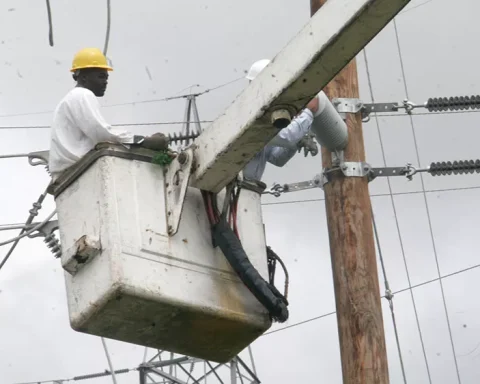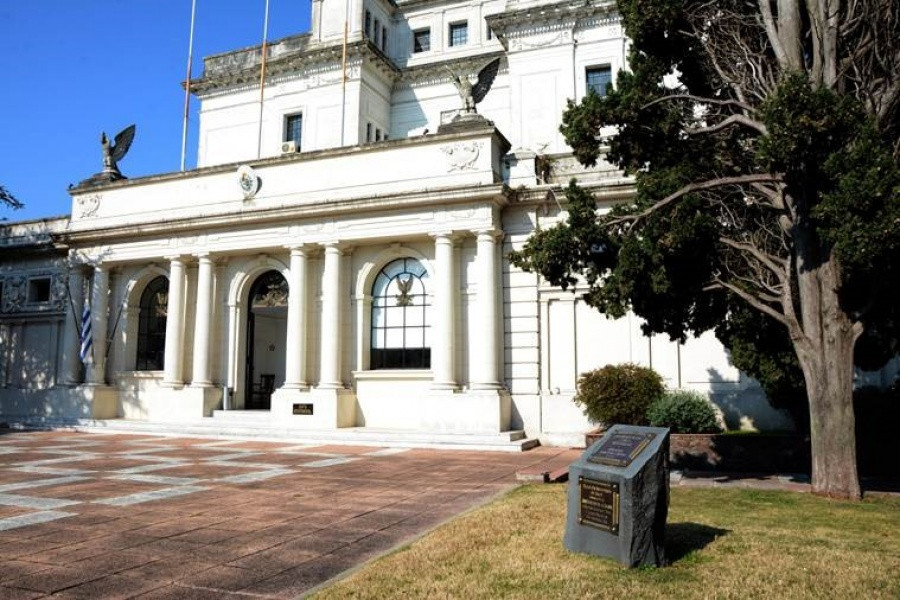The success of government policies does not depend only on who puts them into practice, but on those who are obliged to comply with them. Our tradition indicates the resistance of citizens to value the actions and programs that are often conceived to improve their quality of life by establishing essential levels of organization for the proper functioning of a city or country.
Take, for example, traffic. We all know that this is one of the most serious problems that we have been facing today, and for decades, and not precisely because of a lack of will on the part of the authorities. We Dominicans show the primitivism that every human being carries inside when we are in front of a wheel. If a rigorous test were made mandatory for all of us who already have a driver’s license, including the psychological one required for a firearms license, a good part would probably lose it. And not because they don’t know how to drive or even the traffic signs, but because of the behavior they exhibit when they drive, blow up traffic lights, park in prohibited places, fill intersections and get on sidewalks.
Attempts have been made to rearrange traffic on the city’s main thoroughfares and widen them to facilitate left turns. The measure has significantly improved vehicular traffic in many of the critical points, but drivers are still not accustomed to the discipline that every organization demands and I have seen terrible violations of the basic rules of good driving in some of those places. Prepaid toll passes should be enough to lighten highway traffic and avoid traffic jams. But there are always living people who want to sneak in so as not to queue and create inconvenience for others. Progress depends on respect for the laws.

















